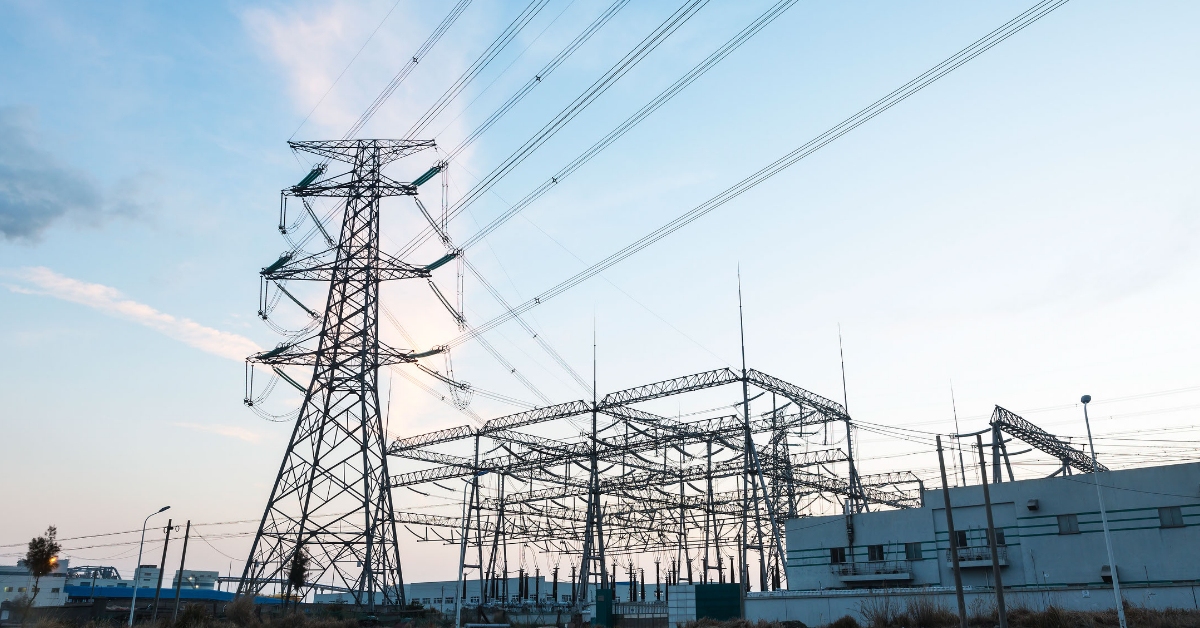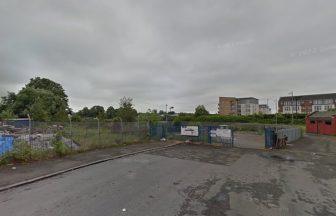Household energy debt has hit an eight-year high, and energy bosses have called on the UK Government to consider “radical” change to bring down prices related to grid upkeep and policies.
The amount customers owe their supplier has increased by nearly 30% in the past year, and British households are starting the winter owing £780m to their energy suppliers, a survey for Uswitch found.
The average home now owes suppliers more than £220.
The latest figures have come just weeks after Ofgem’s energy price cap rose by 2% from October 1.
The increase means that energy bills for the average household paying by direct debit for gas and electricity have increased from £1,720 to £1,755 per year.
The “big six” UK energy CEOs were questioned by MPs at the Energy Security and Net Zero Committee on Wednesday about the rising cost of UK energy bills and the wider market.
Director of regulation and economics at Octopus Energy, Rachel Fletcher, said bills are likely to keep going up without urgent change.
“If we continue on the path we’re on right now, in all likelihood, electricity prices for a typical customer are going to be 20% higher in four to five years’ time than they are now – that’s even if wholesale prices halve,” she said.
She said non-commodity costs – the charges on energy bills that are used to cover grid upkeep and government policies – are adding about £300 of pressure to a typical energy bill.
“The country as a whole at the moment is paying over £20bn a year on their energy bills for policy costs. The projections are that that is going to increase,” Ms Fletcher said.
“We have to do something radical to address that.”
EDF UK CEO Simone Rossi said the costs of serving customers in the UK are more than double the cost of serving customers in France – thanks to non-commodity costs.
“Per point of delivery, the cost to serve [customers] in the UK is about £100 per annum. In France, it’s 45 Euros,” he said.
Ms Fletcher said that there is currently “no budgetary control” over those non-commodity costs, and she said it is contributing to making UK electricity “some of the most expensive in the industrialised world”.
She said the UK needs to get hold of the “growth of this burden” with proper budgetary controls, like it has over other taxes.
E.ON CEO Chris Norbury agreed that the UK’s non-commodity costs are playing a big role in pushing energy bills higher.
“Some of the modelling we have suggests we could get to a position by 2030 where if the wholesale cost was zero, bills would still be the same as they are today because of the increase in those non-commodity costs,” he said.
Energy bosses also told the committee that the role gas plays in the wholesale market also needs to be addressed.
Currently, the cost of gas-powered electricity is used to determine the price of all electricity in the UK.
Ms Fletcher suggested that the UK Government should address the role that gas plays in the wholesale market.
Mr Norbury said ministers should consider moving gas into a “strategic reserve”, which he said could save consumers £5bn per annum.
Ms Fletcher added: “There are proposals on the table that we think the Government should be looking at to take gas out of the wholesale market and put it into a strategic reserve.
“I think that needs very serious and urgent consideration.”
Follow STV News on WhatsApp
Scan the QR code on your mobile device for all the latest news from around the country


 iStock
iStock
























